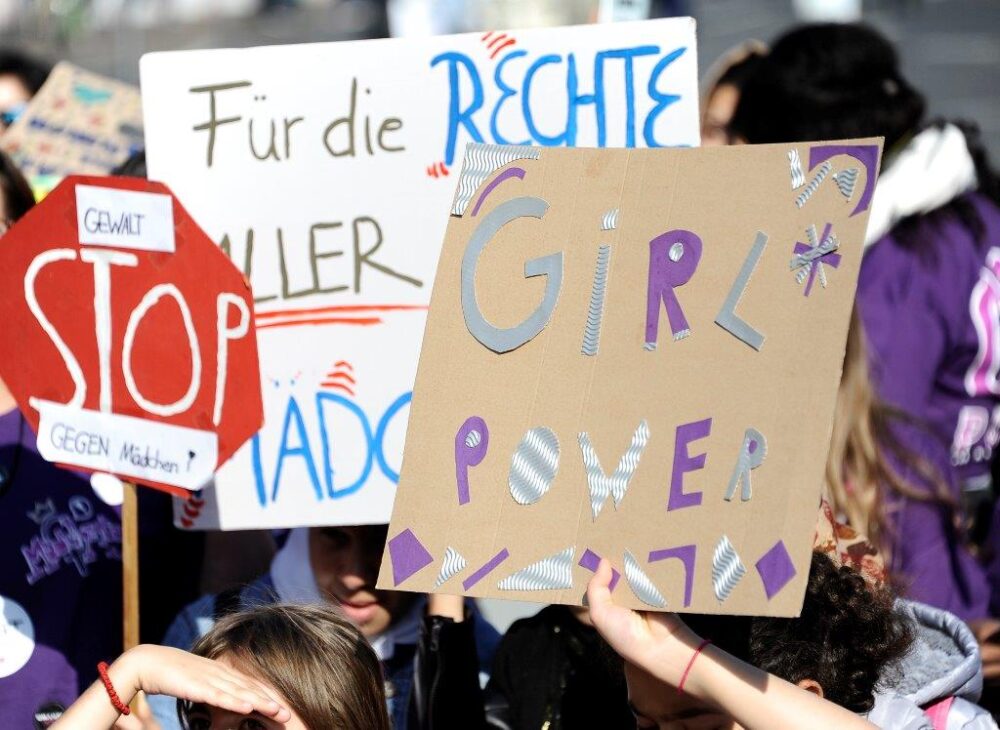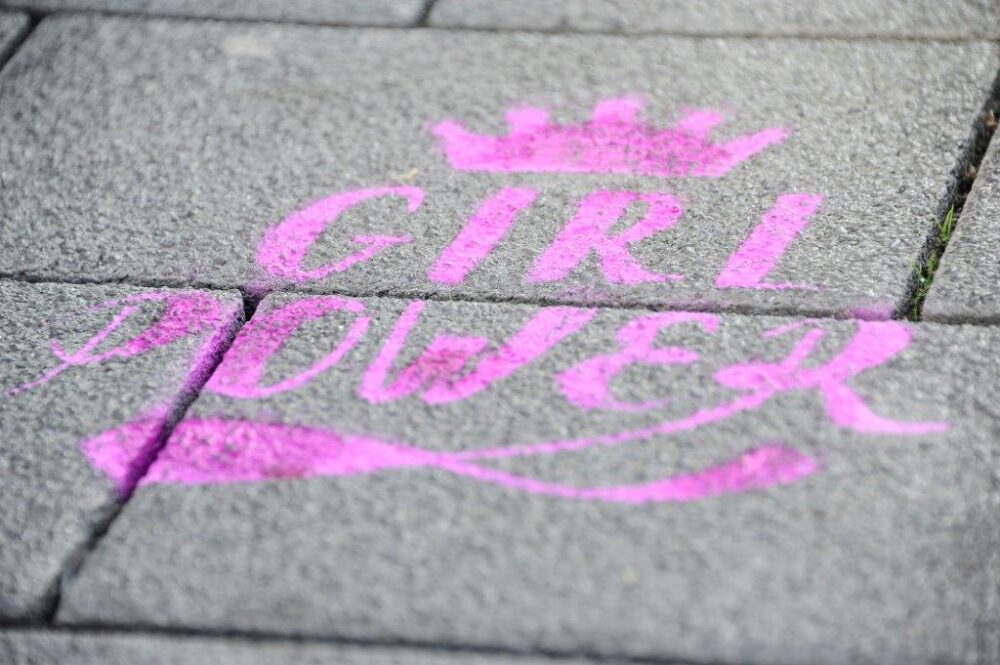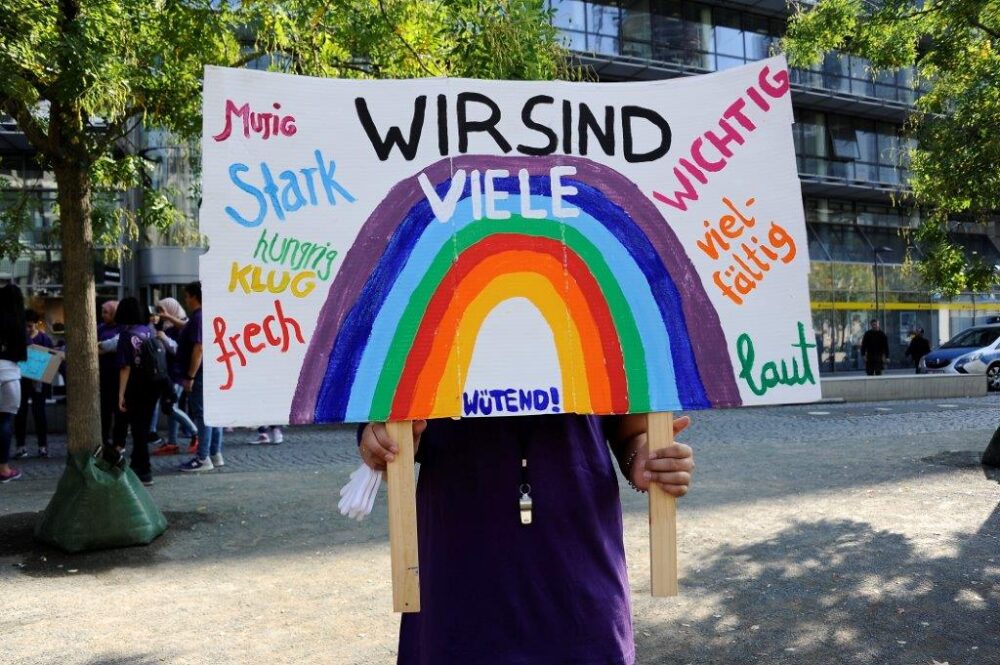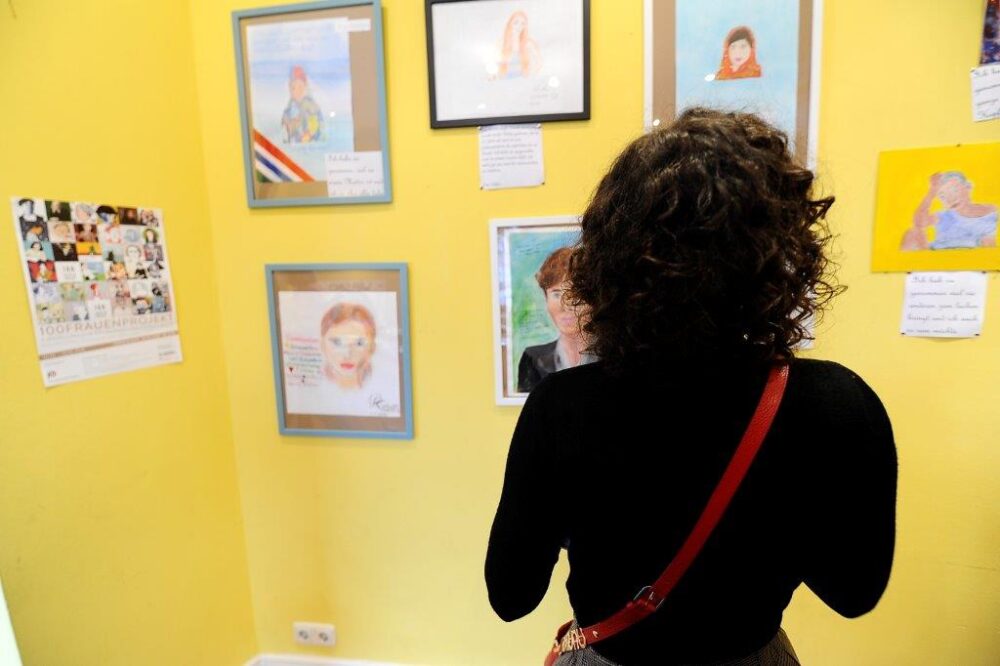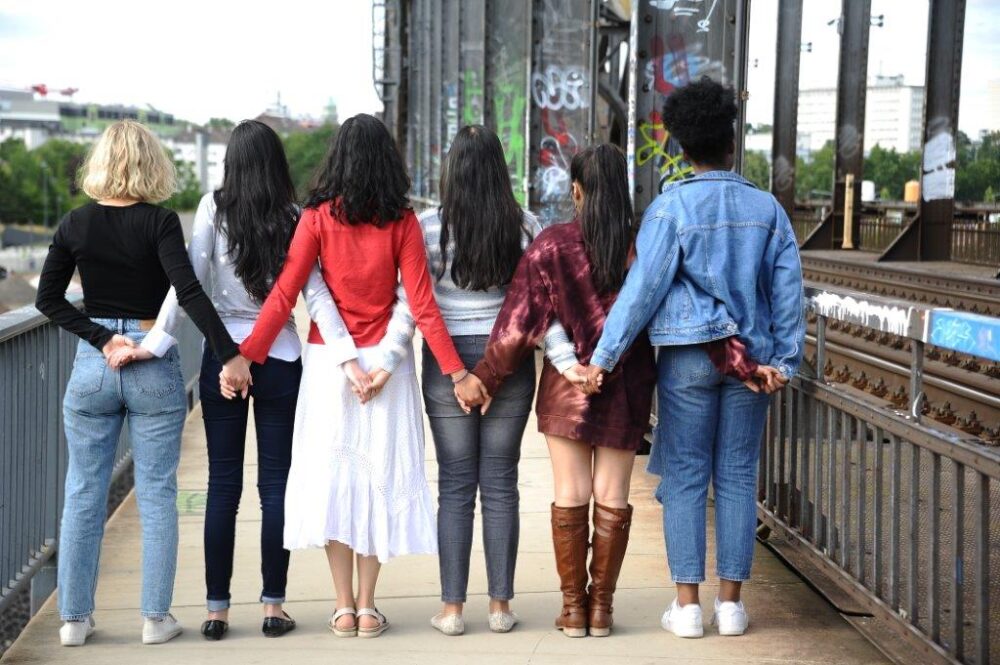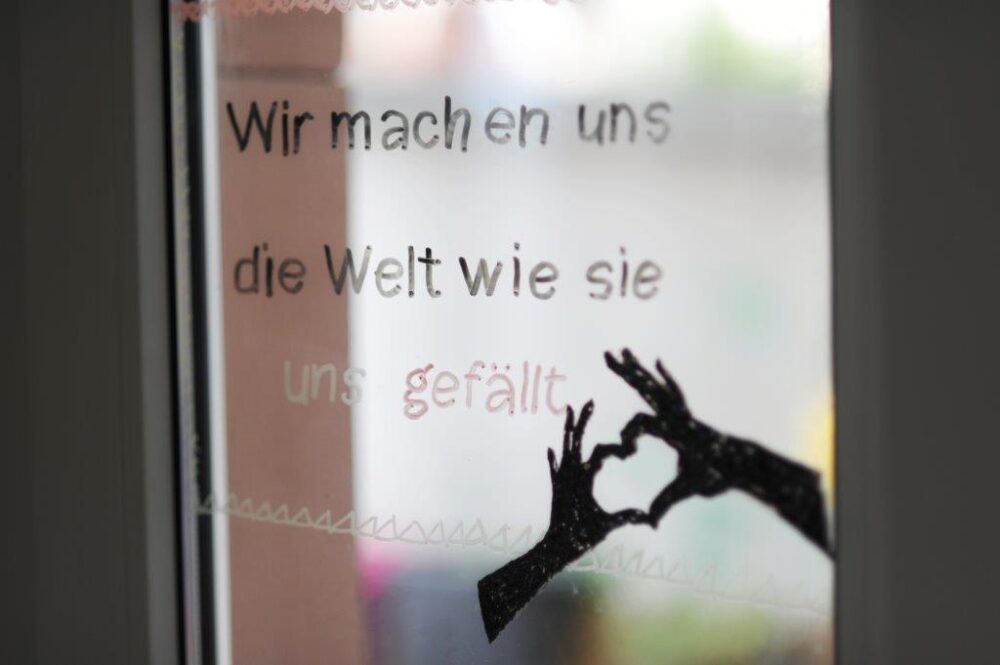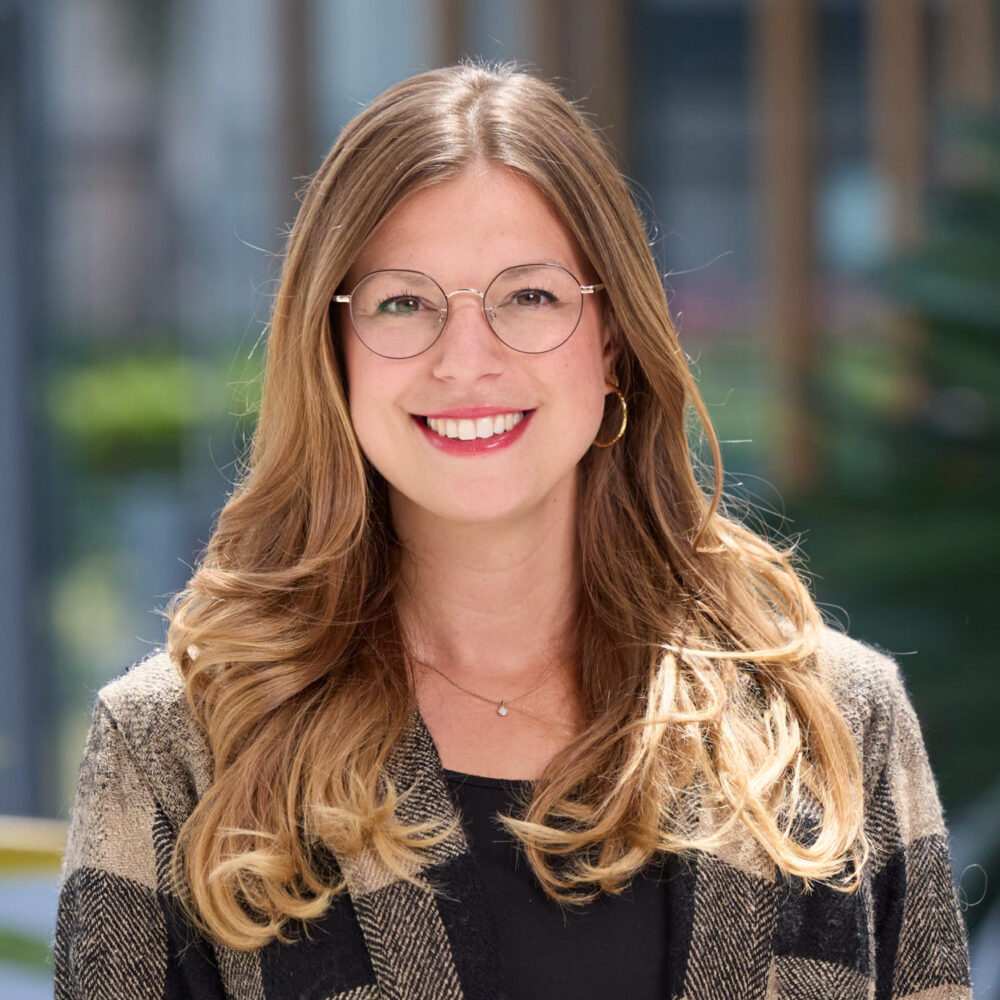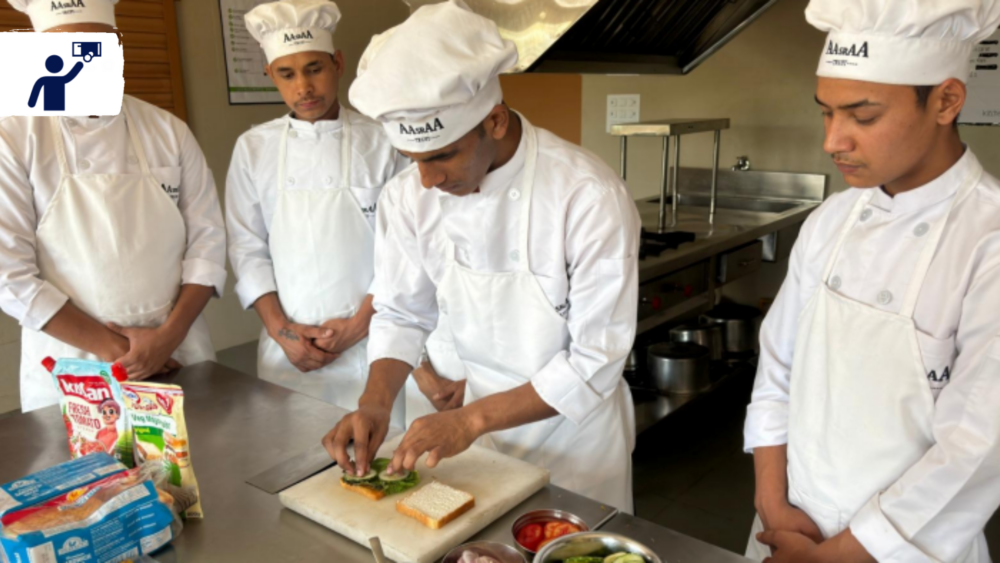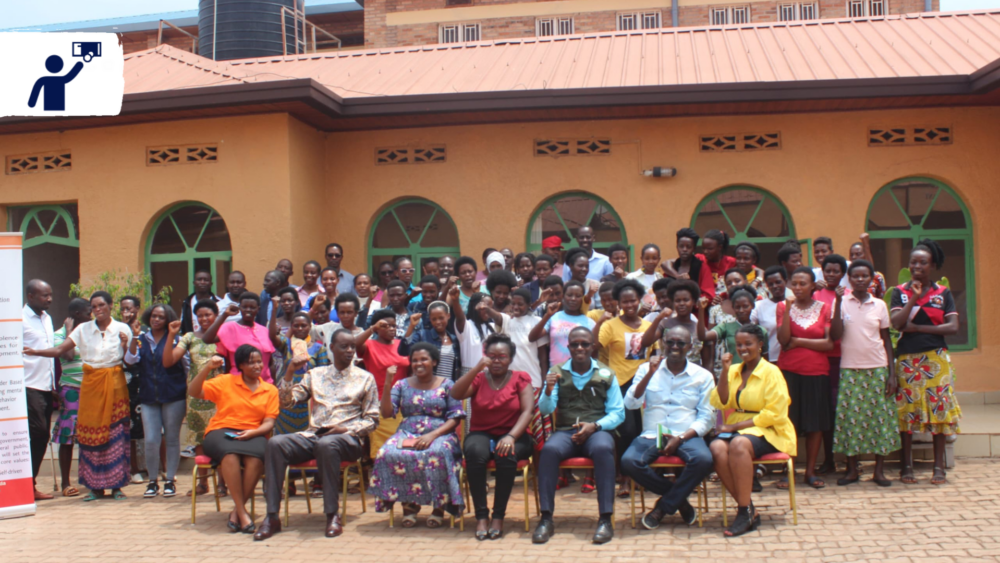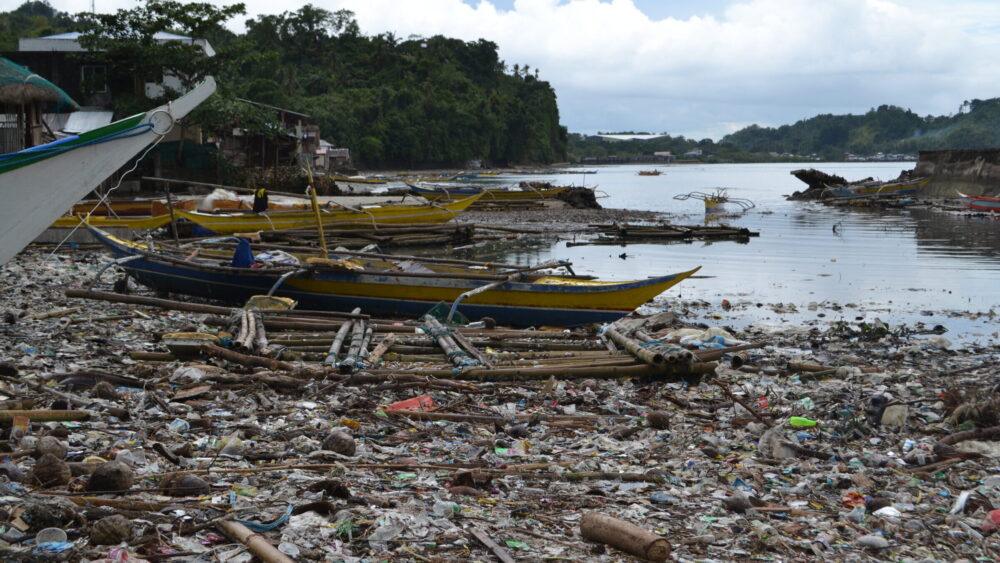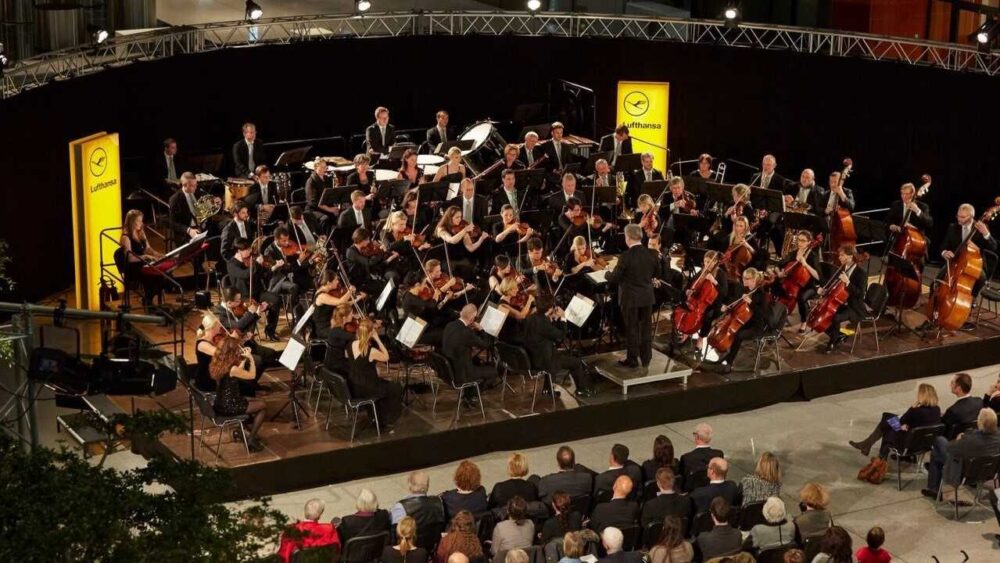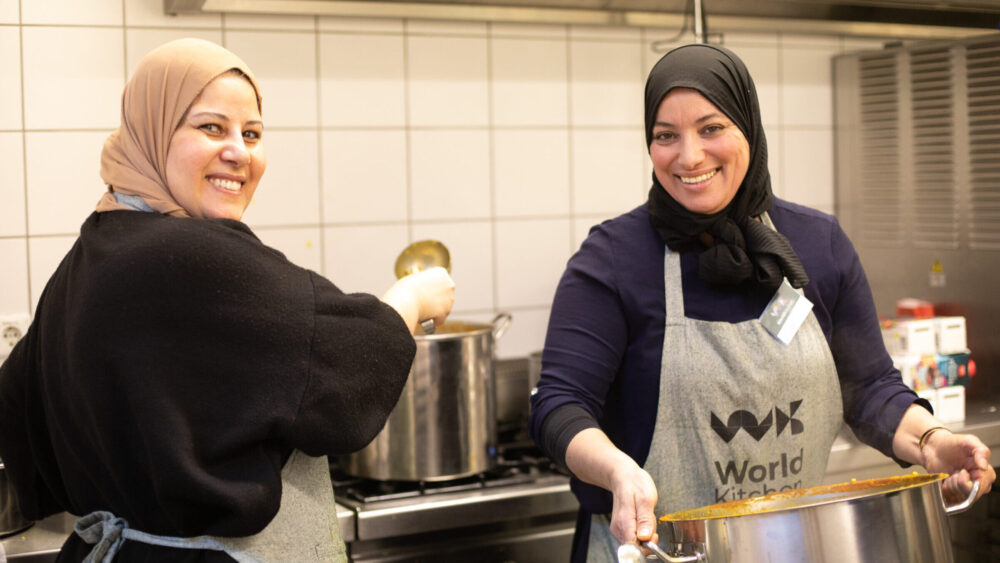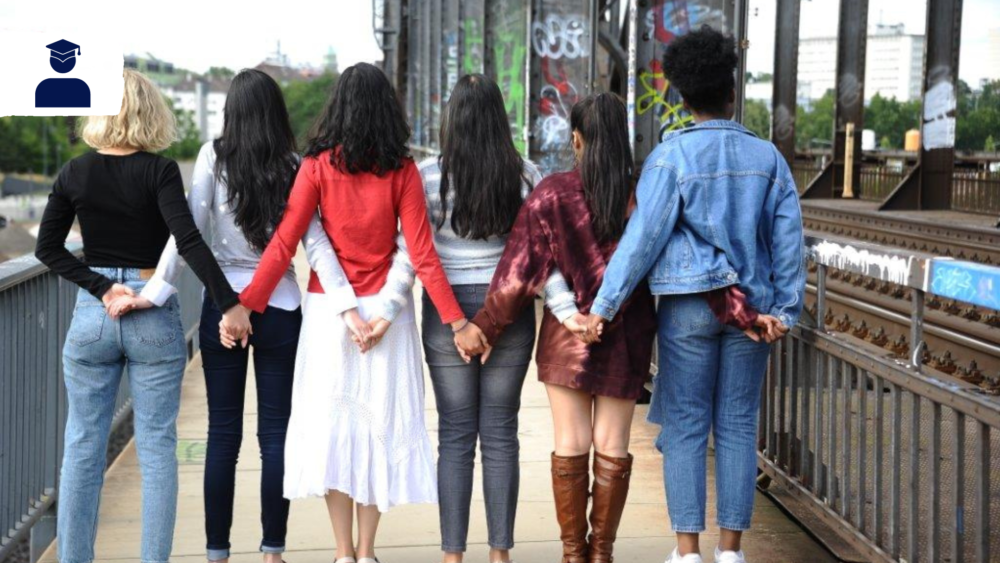
Girls’ House, Frankfurt
The aim of the project was to support girls affected by gender-based violence. To achieve this, on-site therapeutic care was provided, along with various informational sessions and career events focused on personal development and the application process.
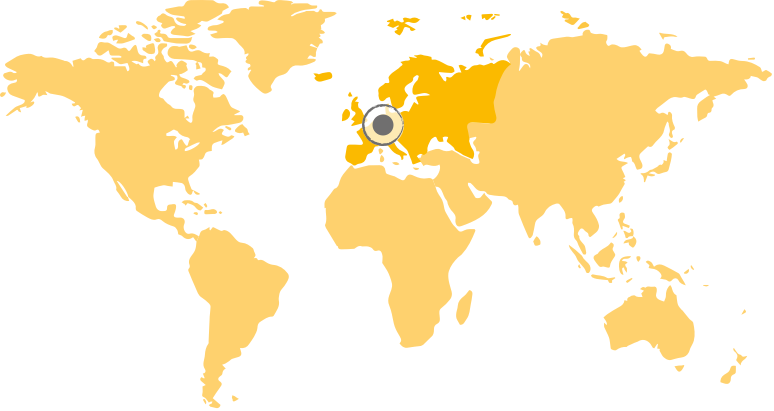
Project Background
Every year, about 17,000 women in Germany flee with their children to one of the 350 German women’s shelters, i.e. places of refuge for women affected by domestic violence. Violence against women takes many forms: physical, psychological, sexualised or structural violence are just a few examples. According to studies, 40 percent of women in Germany have experienced physical and/or sexualised violence since the age of 16 – however, a far higher number of unreported cases is assumed. Nevertheless, violence against girls and young women remains a taboo subject in our society. This also results in the fact that only every fifth person affected seeks help, often because violence happens within their own family and the victims of violence do not seek support due to fear, ignorance or shame. The various forms of violence against girls have serious health and emotional consequences – often even across generations. In addition, young victims in particular often have difficulties in their personal, educational or professional development and suffer from mental illness.
In the FeM girls’ house in Frankfurt, girls affected by violence are protected, supported and provided with advice. They are shown perspectives for a fear-free, self-determined and equal life.
Our Impact
The aim of the project was to empower girls and young women in need and to support them in building self-determined, independent lives. Over the four-year project period, numerous girls aged 12 to 17 from the Rhine-Main who come from difficult social and family circumstances and have experienced psychological, physical or sexual violence were supported through on-site therapeutic care.
With our financial support, additional initiatives were launched, including career days and informational events that offered the girls guidance and confidence regarding their professional future. A particularly valuable contribution came from the many volunteers within the Lufthansa Group, who provided personal insights into their daily work and strengthened the participants’ self-esteem through direct interaction. This commitment continues even after the funding period and remains an active part of the initiative.
Through these ongoing volunteering activities, the girls and young women gain access to educational and career-oriented programs. They receive insights into various professions within the Lufthansa Group and learn about the entry requirements. In parallel, training and workshops focusing on personal development, confidence-building, and application skills are offered to help the participants make informed decisions about their career paths and ease their transition into working life.

